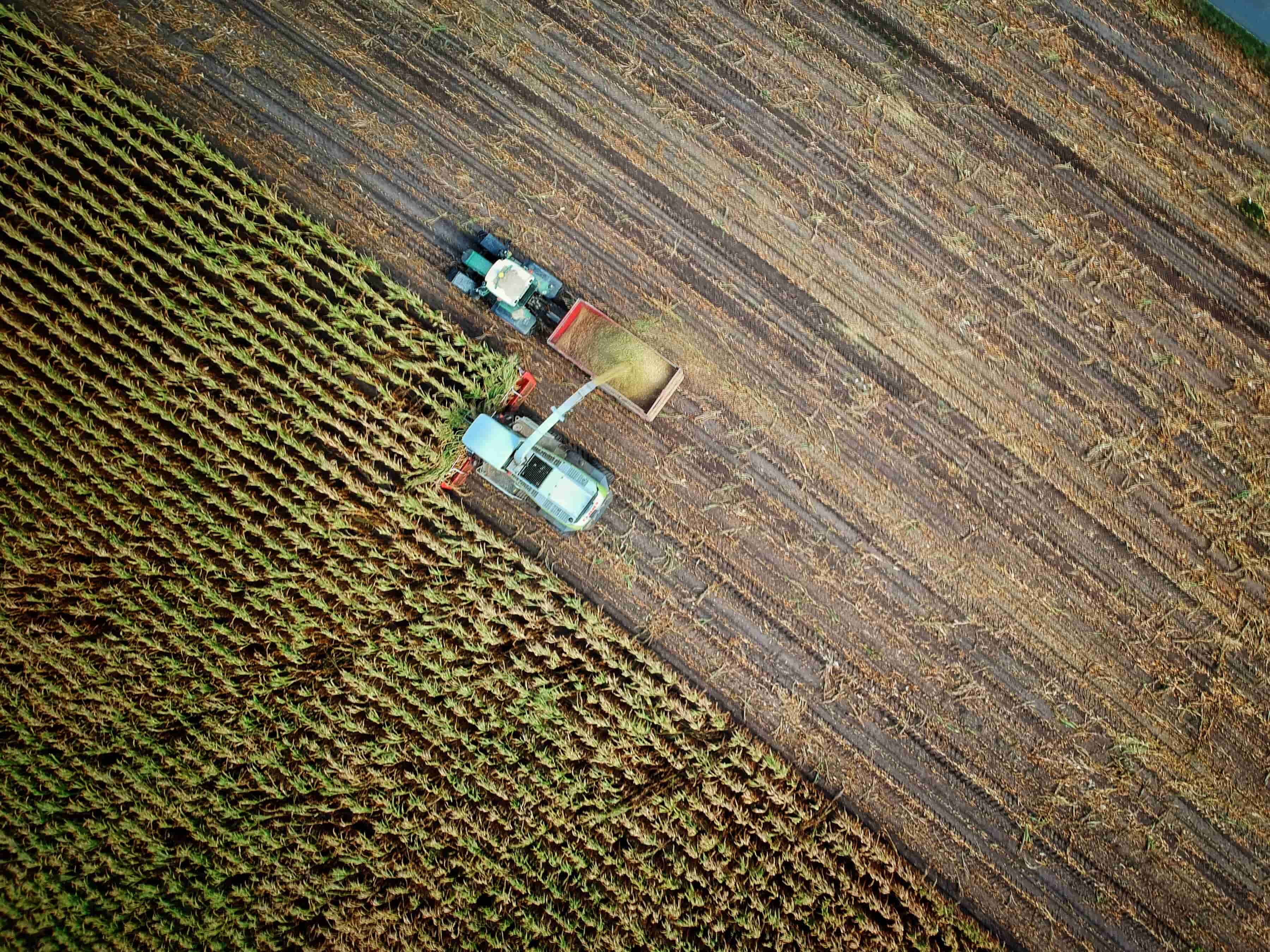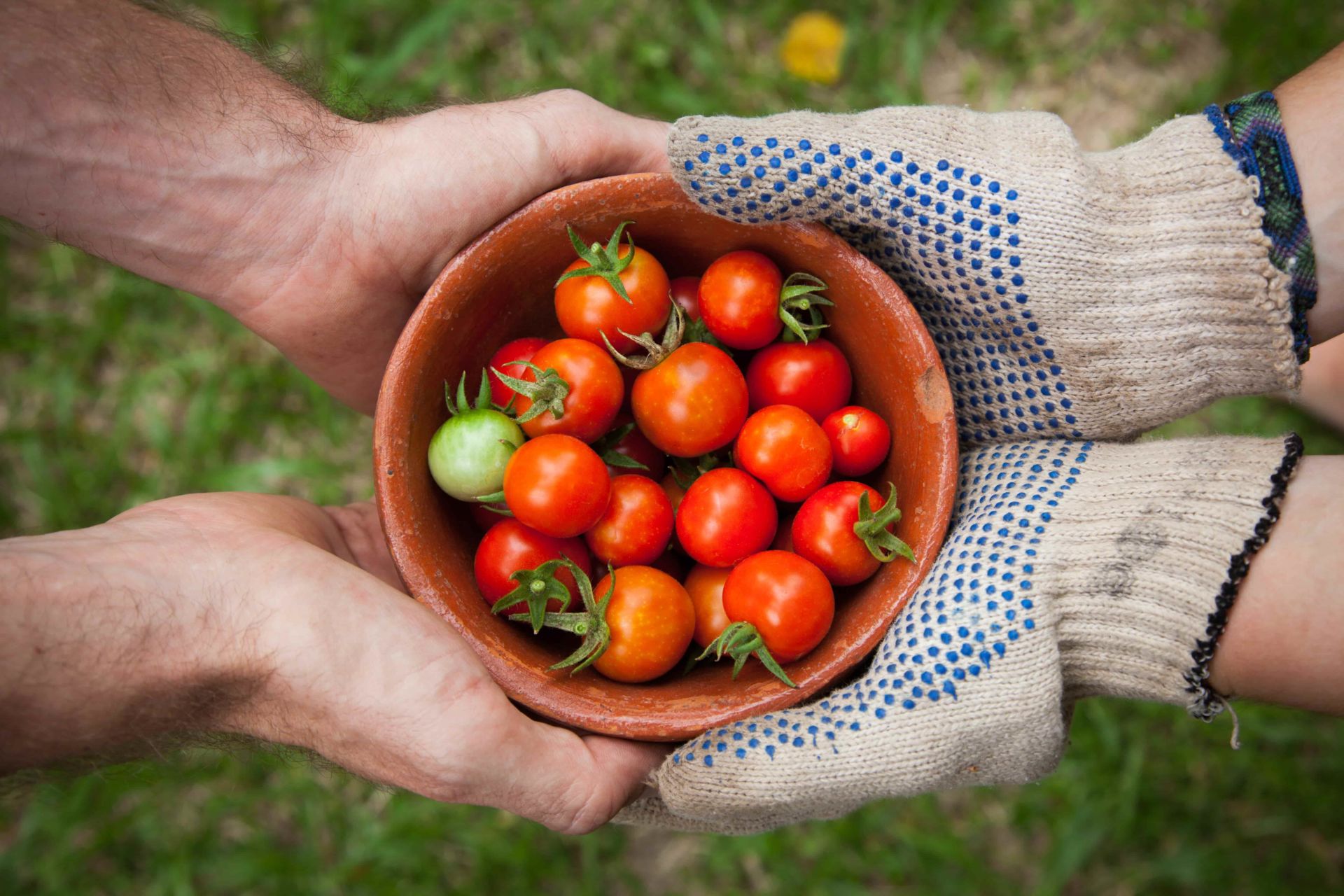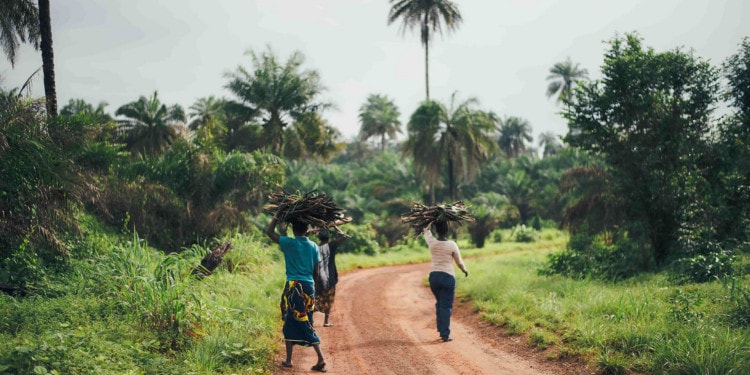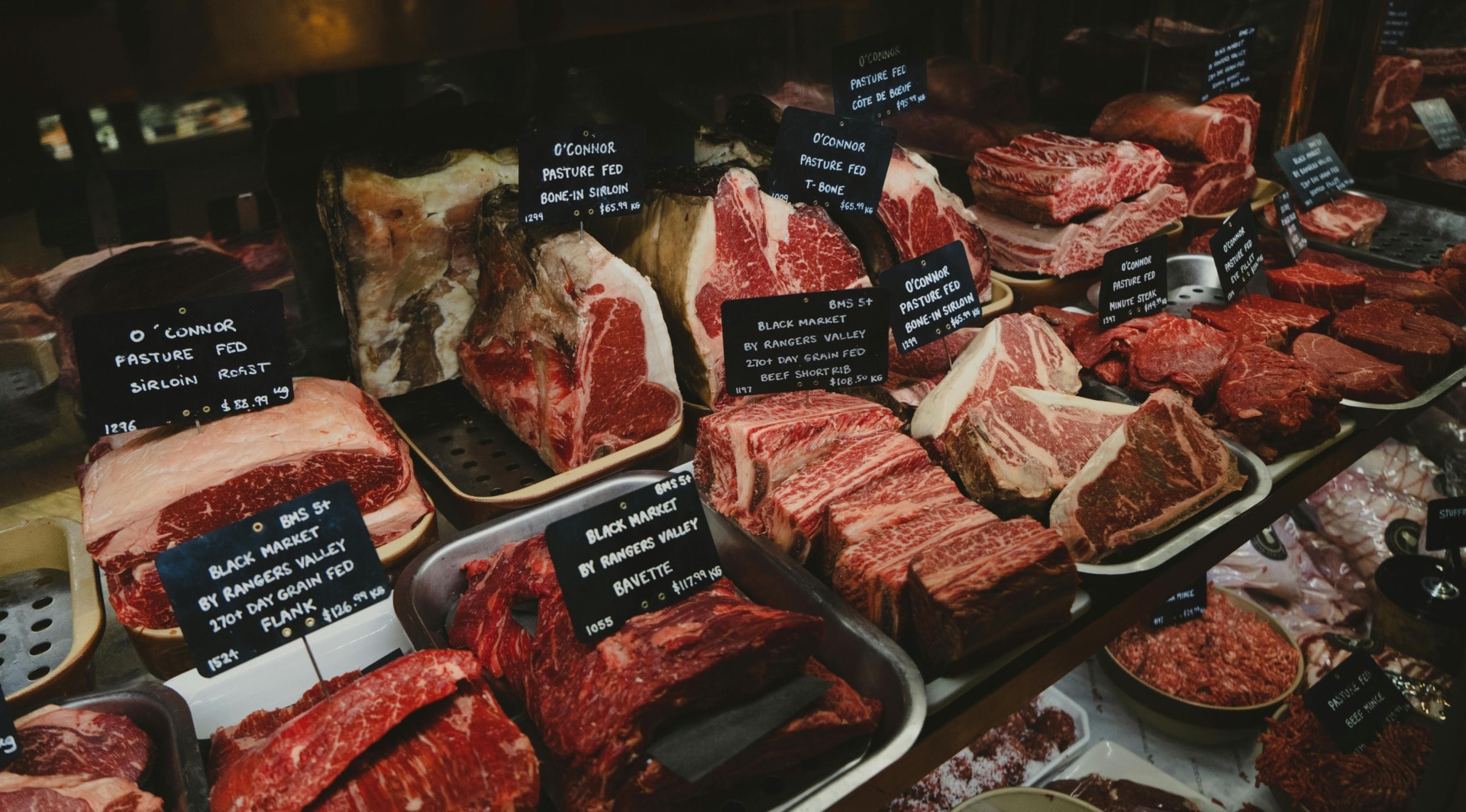The global pandemic, COVID-19, continues to batter various sectors of our economy, not sparing the agriculture sector, which happens to be the backbone of Ghana’s economy. But Ghana is not alone. Every African country has been adversely affected by the pandemic, as, continent-wise, 60 percent of the population is employed in agriculture.
As nations lockdown, bans are placed on public gathering, movements are restricted, the number of people in market centers is reduced, and borders are closed. Undoubtedly, these measures will affect food production and food availability if contingent strategies aren’t put in place.
According to the projections of the United Nations Economic Commission for Africa (UNECA), Africa’s GDP growth is set to slow down and is likely to drop from 3.2% to 1.8%. This confirms the likelihood that, as a result of the pandemic, we shall witness a very real and heartbreaking increase in the number of people living in extreme poverty and hunger in Africa.
COVID-19, a ravaging virus causing an unprecedented health crisis, has indirectly shown that our food crisis could have a silver lining. It gives us the opportunity to see in another light how food is in many ways linked to health.
The widespread virus has tested and challenged three significant areas of Ghana’s agriculture: (1) our production systems; (2) our supply chains, and (3) our food commodity preferences.

Ghana’s Food Production Systems
Ghana’s agriculture is rainfed: The majority of our farmlands is under rainfed agriculture. Hence, the time to undertake some crucial farm activities is done side-by-side with information on weather conditions and seasonal dates.
For example, time to plant or plow is done so that farmers do not miss the season. Unfortunately, the lockdown, by restricting movement, has adversely affected the availability of farm inputs and other farm services. Rural farmers couldn’t access city centers and tractor service providers were faced with challenges in obtaining spare parts and other mechanical repair services.
This situation has invariably discouraged poor farmers who don’t want to take the risk of late planting. Among some youth farmers, a widespread decision has been to plow and plant few acreages in the primary season in anticipation to do more later when normal activities (hopefully) resume.
The poultry industry, which already needs practical support to be able to fight the high importation of frozen chicken into our country, hasn’t been exempted from adversities. Aside from the difficulty associated with getting imported day-old chicks, feed ingredients such as soya bean meal, wheat bran, and layer/broiler concentrates (mostly from imported sources) are gradually becoming hard to find. What makes it worse is that the few available have their prices hiked.
To date, registered farmers of government flagship program Rearing for Food and Jobs (RFJ) (a policy to revamp the poultry industry) are still waiting on the Ministry of Food and Agriculture (MOFA) to deliver as stipulated by the system.
The Ghana Agriculture Sector Investment Program (GASIP), the primary promoter of Youth in Agriculture, is yet to supply its 2020 season first batch of inputs to youth FBOs (Farmer Based Organizations). FBOs would truly benefit from this program that breathes life in their operations but for now, the first season is about half gone.
The Ministry of Trade and Industry, in collaboration with Rural Enterprise Program, IFAD, and 58 selected District Business Advisory Centers, is on the verge of executing 58 agro-processing industries under the Youth in One District One Factory initiative.
The selected candidates for this project who are supposed to take four (4) months mandatory business training are currently on hold as the ban on public gathering remains. As a result, food availability is affected and food security post-COVID-19 is likely to become a serious issue.

Food Supply Chains
The food supply chains in Ghana provide a lot of jobs for transport services and women traders who purchase from farmgate and sell to retailers in our towns and cities. When the government propounded restrictions on movement and deployed military personnel into towns and cities to enforce the partial lockdown, the activities of food supply chain actors took a direct hit.
The already frail rural-urban food network was negatively affected as fewer middlemen moved into farming communities to buy. The drastic reduction in the number of fresh food retailers in our markets and the decision of some managers to close down restaurants, hotels, and other local eateries has massively reduced the bulk purchase of fresh food.
Subsequently, a good number of women suspended the carting of fresh foods from rural communities due to fear of spoilage from the slower pace in the purchasing of fresh foods as a result of lockdown measures. While low income earning individuals stay at home adhering to precautionary measures, this has affected the income of families as well as their purchasing power.
Owing to the poorly managed food supply chains, price hikes set in. As a result, a majority of people were deterred from buying fresh food. A typical scenario is where people buy tomato paste, which has relatively not increased in price, rather than buying a fresh tomato that is more expensive.
For animal farmers like those in the poultry industry, festive seasons are a moment for peak sales. Unfortunately, the 2020 Easter season hasn’t given poultry farmers the spotlight they always receive at that time.
The ban on public gathering, social ceremonies, and families have reduced visits to relatives, and all other activities surrounding the celebration of Easter have been boycotted. Which is why the market for animal products has also dwindled.
As lockdown conditions persist throughout Ramadan, more farmers are likely to be hit. The resulting price that farmers may have to bear is an increase in the number of animal mortality and high cost of production as they must continue to feed and manage their animals.

Ghana Food Commodity Preferences
During all these on-going challenges, there’s still another hidden threat to Ghana’s food system. During this period, charity-giving to needy families from aid organizations and individuals continued. However, it was observed that approximately 60% to 70% of the food packages shared came from imported sources instead of local fresh food. This causes a grave dysfunction to local farmers who produce local fresh food throughout the year and find themselves unfairly by-passed.
Surprisingly, people in Ghana now prefer sardines or imported canned fish to fried local fishes from our fishery sector. Rice is now chosen over corn, which hasn’t increased in price and remains a food crop eaten across all ethnic groups in Ghana.
Our modern taste for foreign foods, if not curtailed, can propel the collapse of our food system. For most low-income earning families, the interest isn’t in the rising number of COVID-19 cases, but unrest as hunger hit their homes.
Before we hit rock bottom as a nation, we call on government agriculture policymakers to prioritize extensive investment into our farming system to make it more resilient. Ghana’s agriculture needs these measures. Already existing policies and programs should be attended to with maximum proactiveness rather than turning a blind eye on them while all our attention has been focused on the virus.
There is also an urgent need for financial support for farmers in the form of interest-free loans with an extended payment period to cushion farmers from the business shocks they are experiencing in this trying time.
To reduce food wastage, a hefty investment in food processing is urgently needed to save food and make food available in the form most preferred by local consumers.
Farmers, on the other hand, as a form of support to government efforts, must establish and develop their own input and food supply networks. They must learn to build trust with customers and input dealers. This is necessary, to avoid the present inconvenience of needing to establish some in-person contact before a business deal can be transacted.
Youth agri-preneurs (Agriculture entrepreneurs ) can leverage this opportunity to develop innovative platforms that connect agriculture value chain players to engage in business without in-person contact.
Moreover, the entire citizenry should, with immediate effect, truncate our uncontrolled taste for imported food and patronize fresh food cultivated by our gallant local farmers.
We should be aware that our food choices invariably have an effect on the economy at large. In the end, there hasn’t been a time like now: This is our chance to eat more of what we grow and grow more of what we eat. A chance we should not squander. These and other proactive measures can catapult us into a more food secure state. The alternative, if we do nothing, is to usher Ghana into extreme hunger post-COVID-19.













